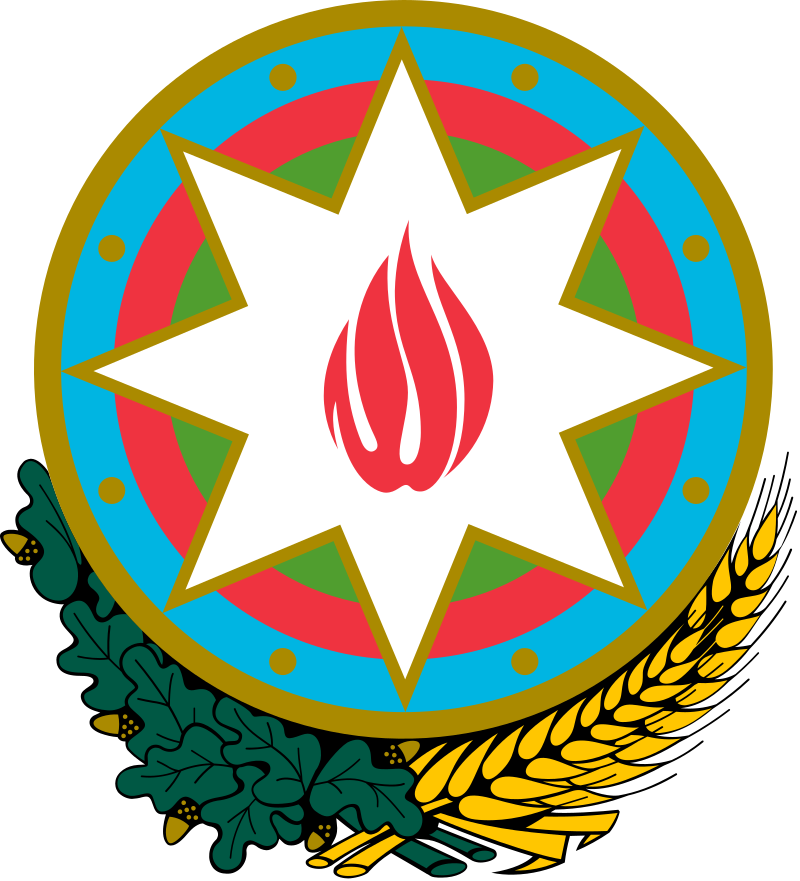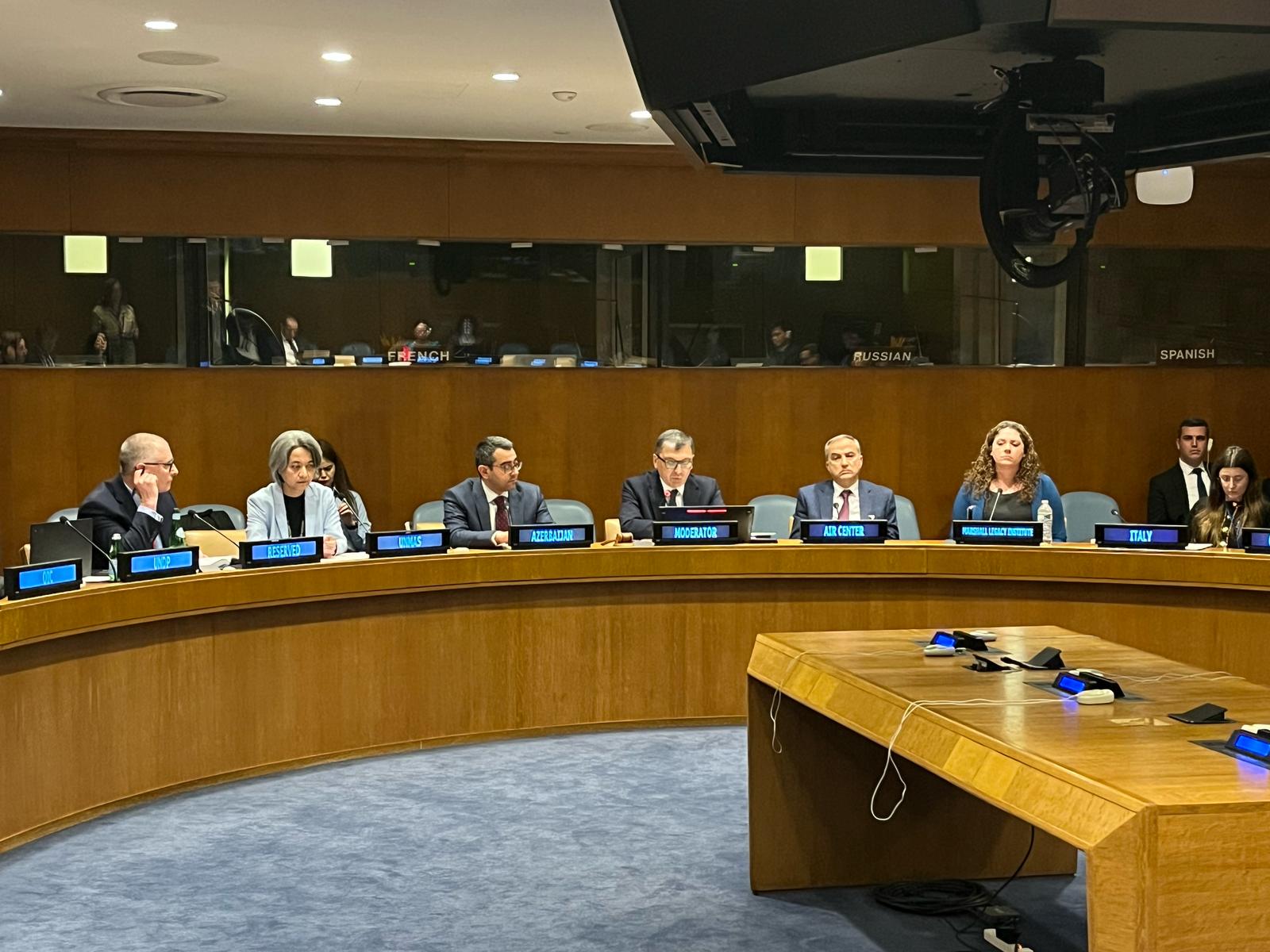Closing remarks by H.E. Mr. Tofig F. Musayev Permanent Representative of the Republic of Azerbaijan to the United Nations at the briefing on “Saving Lives through Humanitarian Mine Action in Azerbaijan”
|
Azərbaycan Respublikasının |
 |
Permanent Mission |
|
633 Third Avenue, Suite 3210, New York, N.Y. 10017 |
||
|
Closing remarks by H.E. Mr. Tofig F. Musayev Permanent Representative of the Republic of Azerbaijan to the United Nations at the briefing on “Saving Lives through Humanitarian Mine Action in Azerbaijan”, held on the occasion of the International Day for Mine Awareness and Assistance in Mine Action
United Nations Headquarters, CR 8, 4 April 2025
As to the remarks by the representative of Armenia, the content and tone used clearly indicate that the value and strength of international law and justice are the lessons that this country is yet to diligently learn. The fundamental fact is that, although the conflict is over, people, most of them civilians, are dying and being maimed by landmines and other explosive devices in the territories which were under Armenia’s occupation for almost 30 years. Another equally important fact is that, by definition, it was not and could not be Azerbaijan that planted these mines and installed booby traps in civilian objects, in schools and cemeteries.
The representative of Armenia further inappropriately and selectively referred to the ongoing legal proceedings between Azerbaijan and Armenia in the International Court of Justice, trying to convince the participants that the Court rejected Azerbaijan’s accusations concerning landmines. It is not true.
Most importantly, in its judgment on preliminary objections of 12 November 2024 in the case Application of the International Convention on the Elimination of All Forms of Racial Discrimination (Azerbaijan v. Armenia), the International Court of Justice concluded that the “preliminary objection raised by Armenia seeking to exclude from the jurisdiction of the Court the claims relating to the laying of landmines and booby traps is without object and must therefore be rejected”.[1]
Finally, that Armenia is yet to comply with its international obligations and engage genuinely in efforts towards consolidating peace and stability in the region is evidenced by its continued denial of facts, including those relating to landmines and other explosive devises it planted on the territory of Azerbaijan. To sum up, the bitter reality is that landmines, explosive remnants of war and improvised explosive devices continue to kill and maim thousands of people around the world, many of whom are civilians.
Today’s discussions confirmed that the scale and magnitude of the ongoing landmine threat in Azerbaijan and in other countries facing similar challenges warrant the necessity of stronger solidarity and partnership, concerted efforts and urgent, continued and adequate international assistance for humanitarian demining capability and activities of the affected countries.
Mine action is key to saving lives and supporting post-conflict recovery, as well as the foundation of lasting peace and sustainable development.
In conclusion, I would like to invite the participants to visit the photo exhibition before its closure today and once again to thank all of you for joining this briefing and active contribution to the discussion.
[1] Application of the International Convention on the Elimination of All Forms of Racial Discrimination (Azerbaijan v. Armenia), ICJ Judgment, Preliminary Objections, para. 77. |
||

